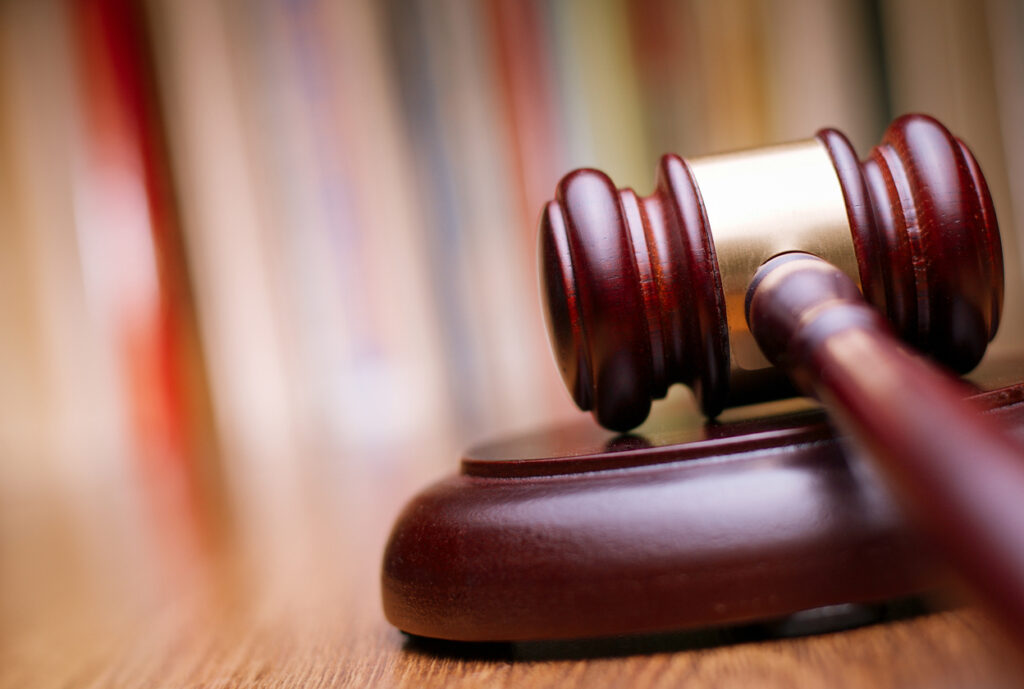In today’s digital landscape, the impact of online reviews has become a crucial factor in shaping the success of businesses across various industries. With platforms like TikTok allowing customers to share their experiences with a global audience in an instant, the potential consequences of negative feedback are more significant than ever. But where does the line blur between honest opinion and defamation?
The Power of Social Media Reviews
Recent statistics reveal a concerning trend of businesses, particularly in the leisure, closing at a rate of over 10 per day. In this climate, negative reviews add further pressure on owners and managers striving to maintain their businesses’ reputations. Social media reviews, particularly on platforms like TikTok, carry immense influence, capable of either bolstering a business’s sales and credibility or dealing a severe blow to its reputation and profits.
To defame or not to defame?
However, distinguishing between a legitimate complaint and a defamatory statement is no easy task. Defamation, by legal definition, hinges on the statement being untrue or greatly exaggerated. The subjective nature of many reviews, coupled with factual claims like food quality or service standards in the case of hospitality, complicates the matter further. Pursuing a defamation claim means being able to prove the falsehood of the statements, a task that can be challenging in the realm of online reviews.
Hurt in the pocket
Business owners must demonstrate “serious financial harm” caused by the claims to pursue legal action. This often involves a detailed examination of revenue trends before and after the review’s posting. The threshold for what constitutes “serious” financial harm varies, accommodating the diverse landscape of businesses across different sectors and scales.
How, and if, to respond
Dealing with negative online reviews requires a strategic approach, considering factors such as the reviewer’s following, the traction gained by the review, and the potential consequences. While some situations may warrant a direct response, others are best left unaddressed to avoid escalating the situation. Serious claims, especially those related to health and safety, may require legal intervention, emphasising the importance of seeking expert guidance when necessary.
Prevention better than cure?
Preventing negative reviews involves proactive measures, including training managers to handle complaints effectively and creating a work culture where staff feel comfortable addressing mistakes. Implementing a robust reputation management strategy is vital, particularly as new social media platforms emerge, each with its own set of challenges and monitoring processes.
Preparing for the Digital Age
The digital age has transformed the landscape of customer feedback, presenting businesses with both opportunities and challenges. The complexities of online reviews requires a particular understanding of defamation laws, strategic response planning, and proactive reputation management. By staying vigilant and prepared,, businesses can mitigate the impact of negative reviews and safeguard their hard-earned reputations by staying vigilant and being prepared.
If you want to read more about defamation, see our other guide, where we go into more detail.







